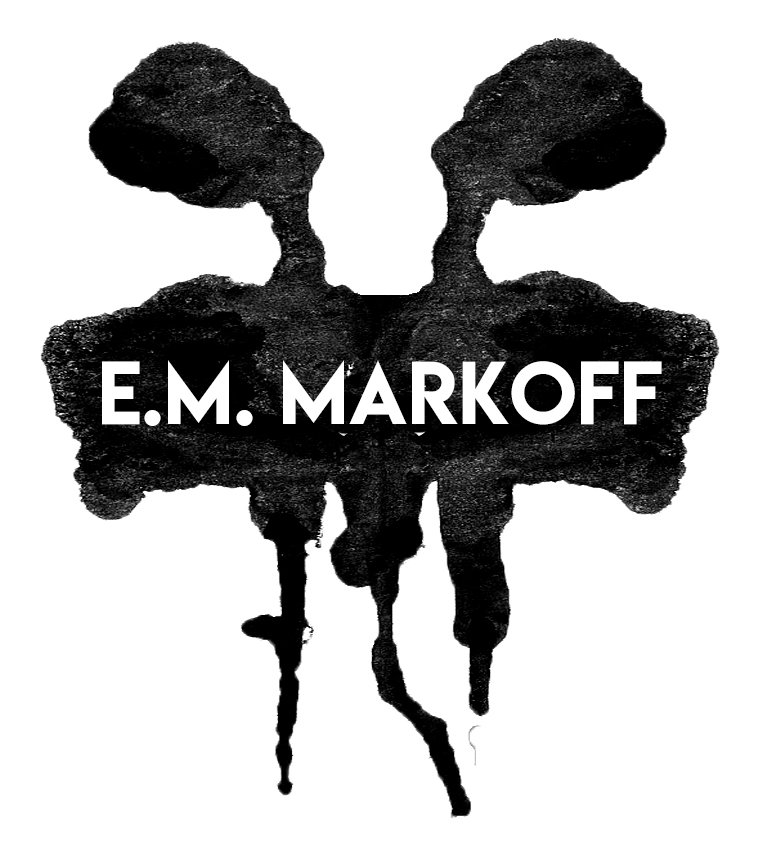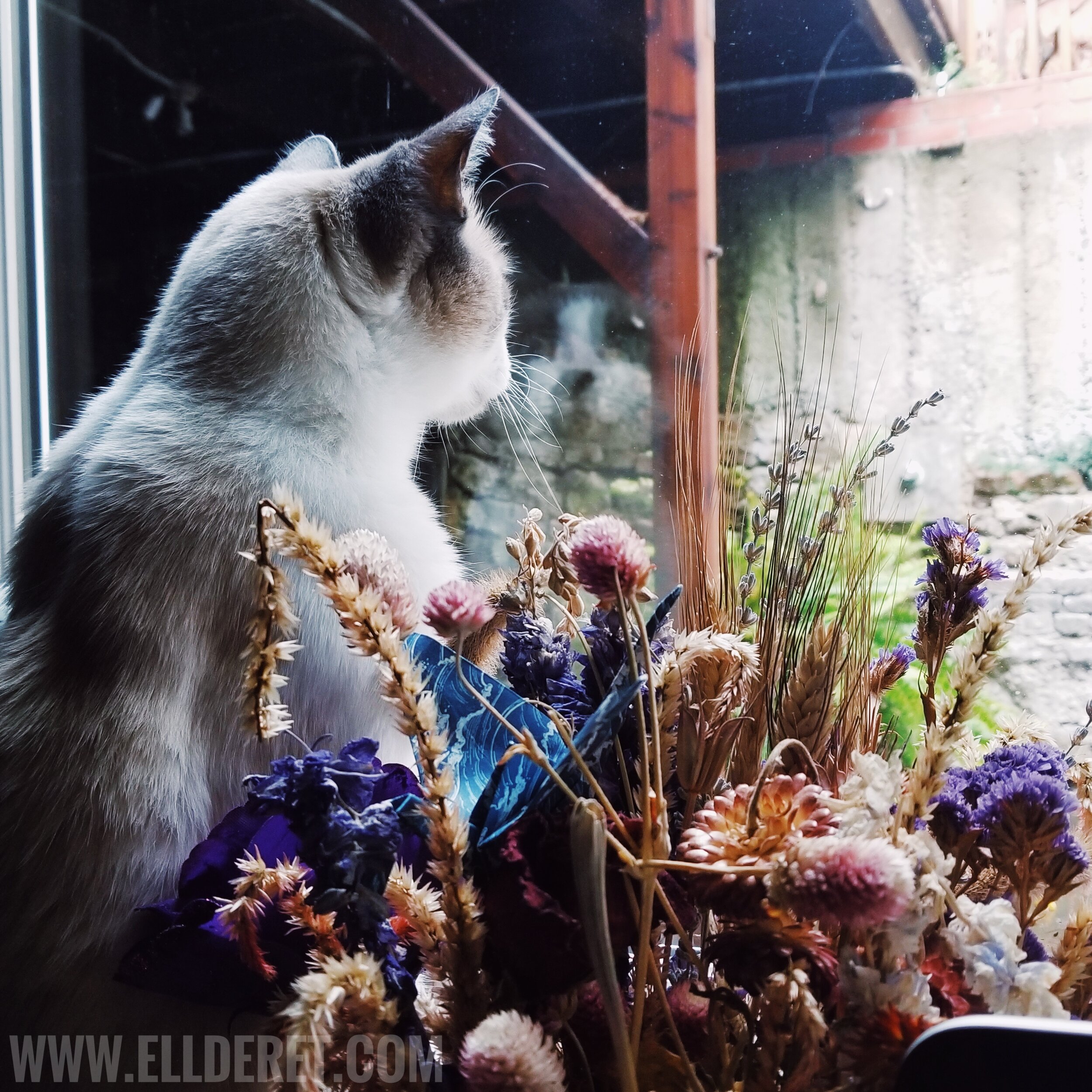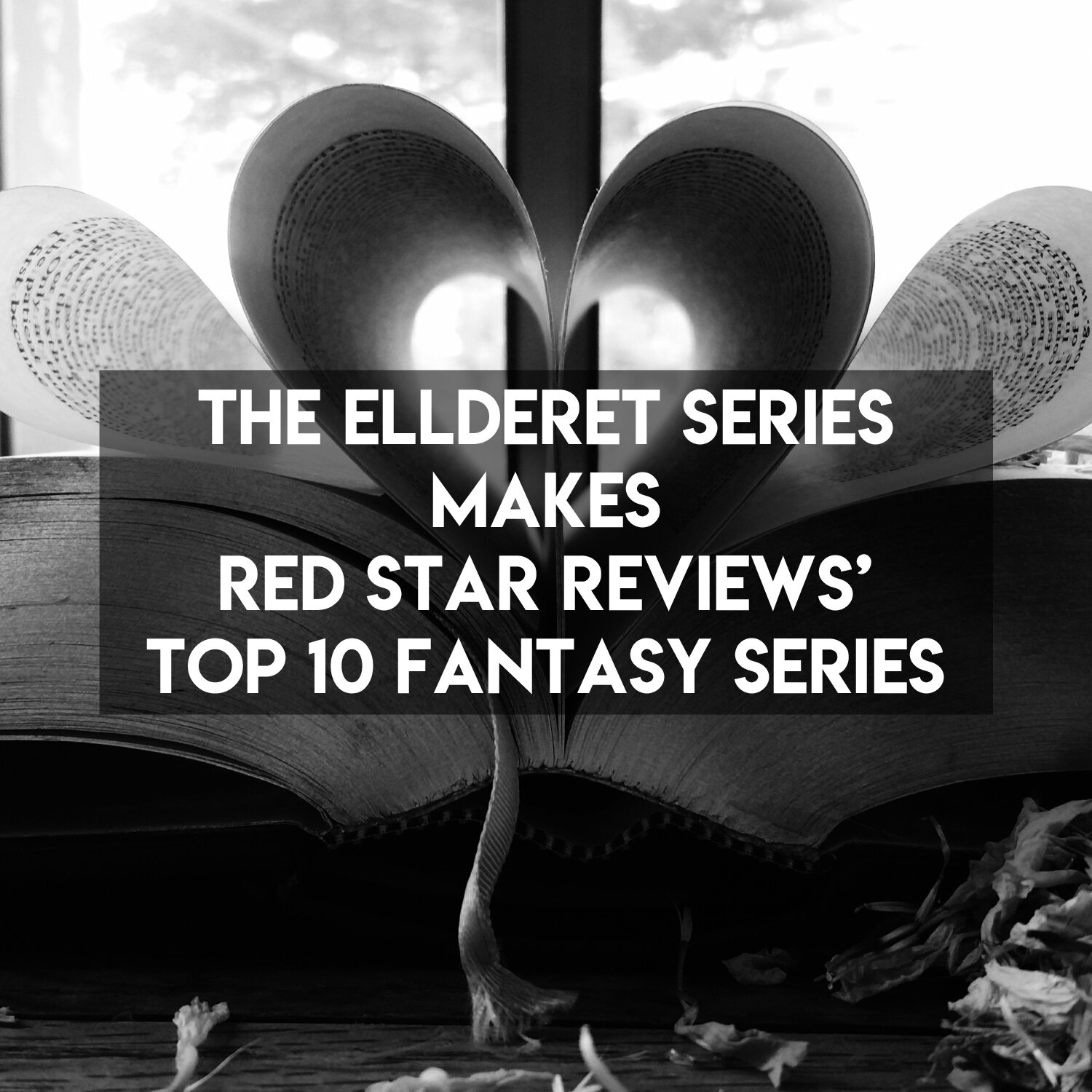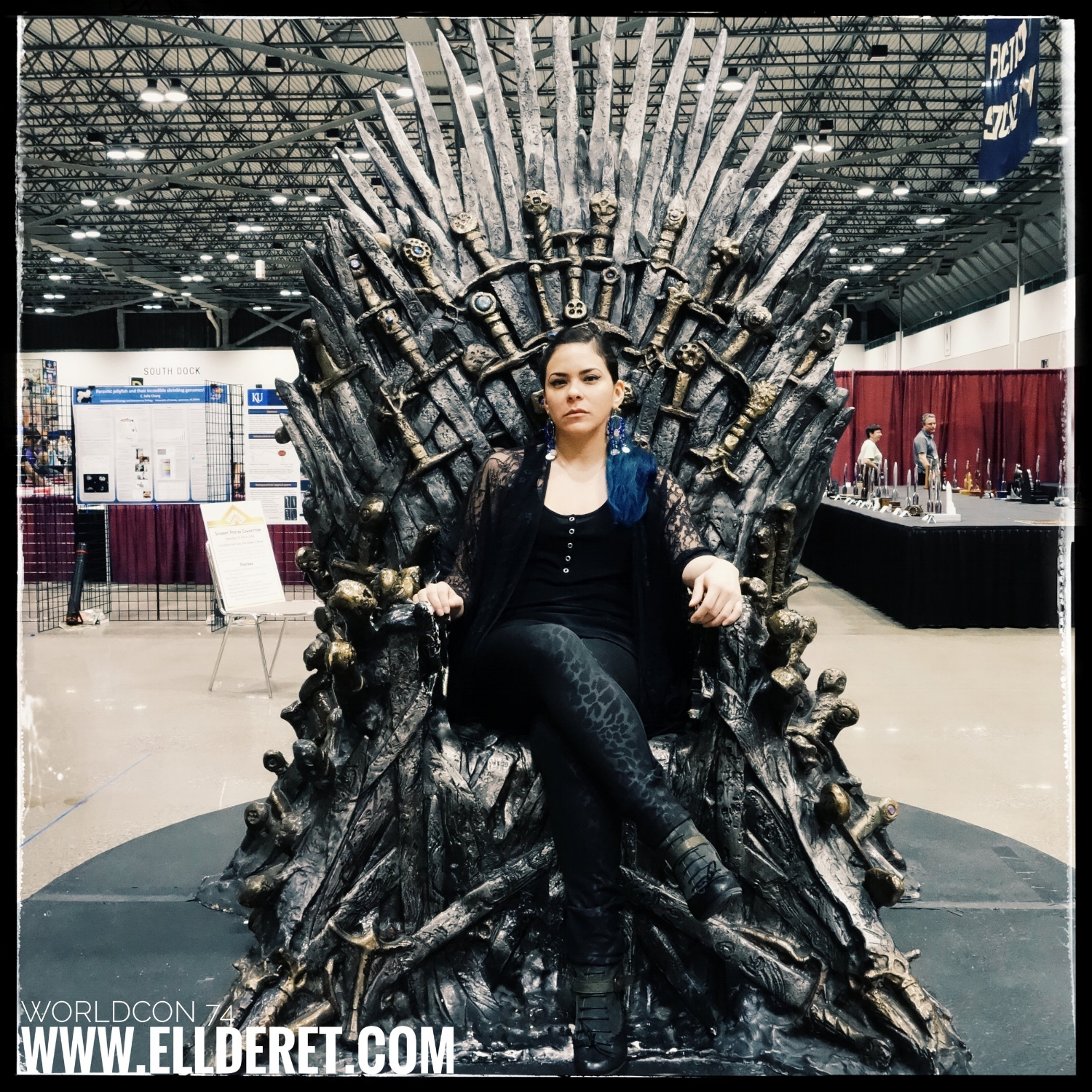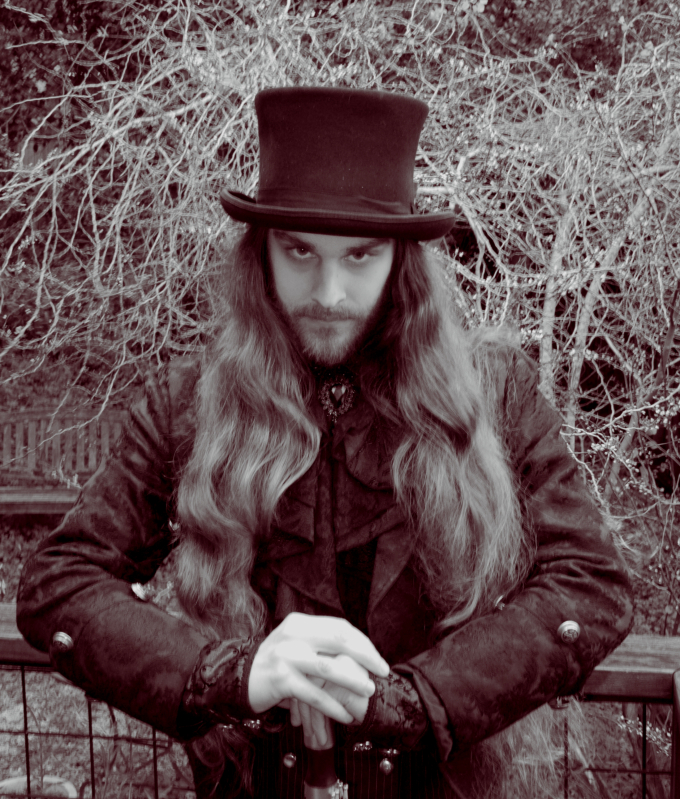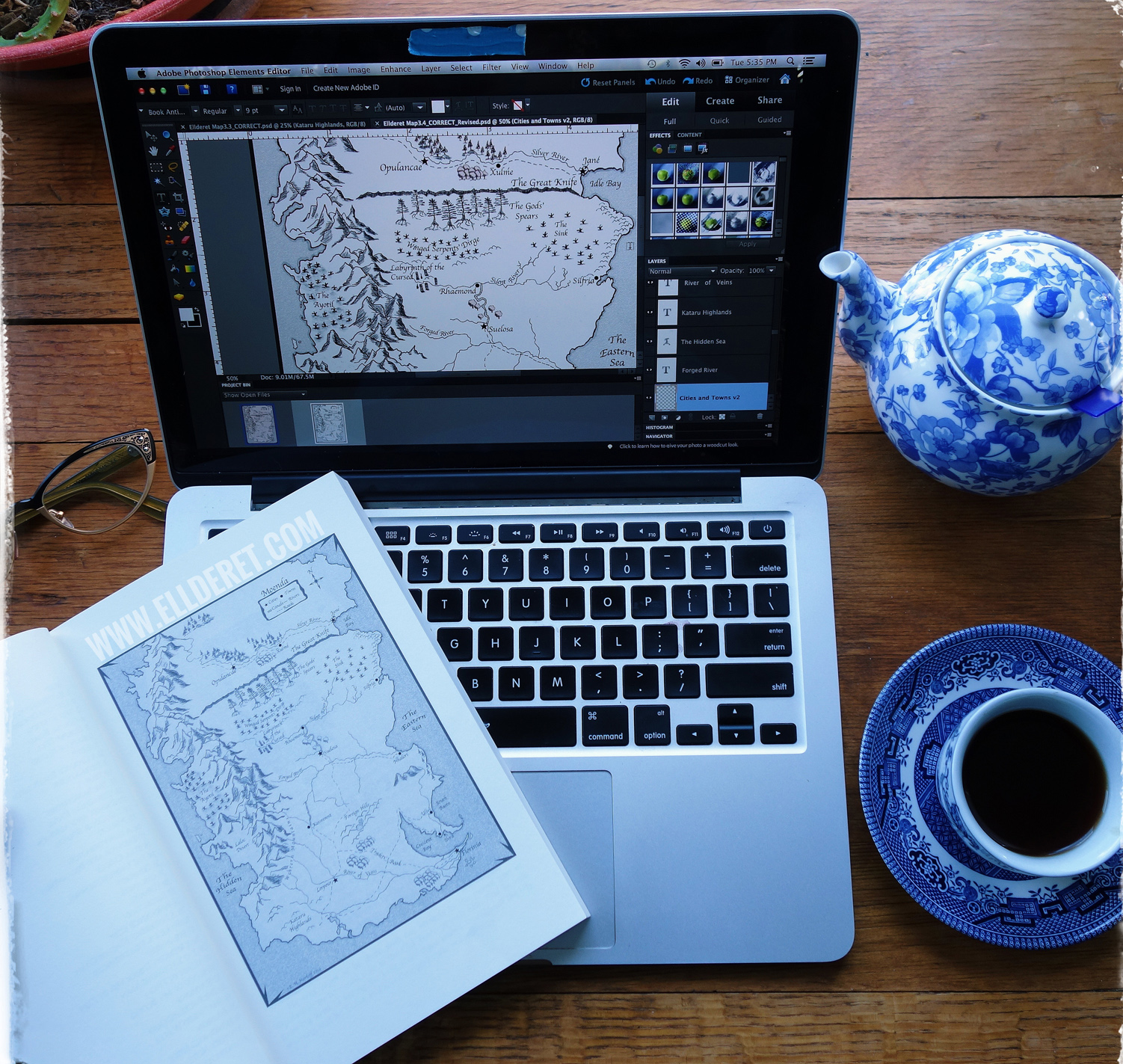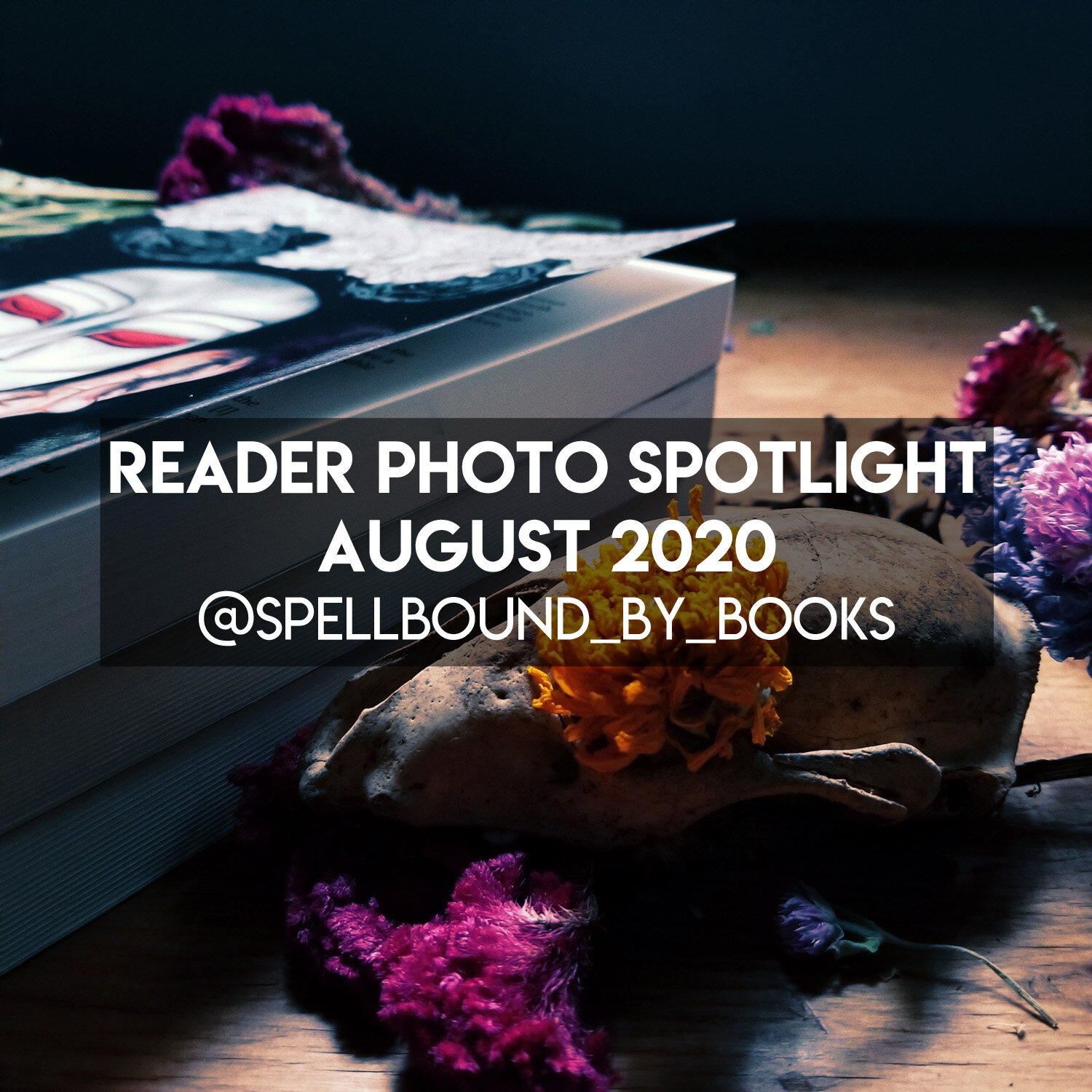Day 44 of Sheltering in Place in San Francisco: I Don't Want "Normal," I Want Better
It's day 44 of "sheltering in place" in San Francisco. I hope everyone is keeping safe as best they can <3 The shelter-in-place order for the Bay Area has officially been extended to the end of May with some restrictions slowly being lifted starting May 4. I've been thinking about how I keep wishing life would go back to the way it was “before.” But then I remind myself that the way things were before is the reason that so many are without any form of safety net right now and are struggling to survive …
It's day 44 of "sheltering in place" in San Francisco. I hope everyone is keeping safe as best they can <3 The shelter-in-place order for the Bay Area has officially been extended to the end of May with some restrictions slowly being lifted starting May 4. I've been thinking about how I keep wishing life would go back to the way it was “before.” But then I remind myself that the way things were before is the reason that so many are without any form of safety net right now and are struggling to survive.
“Bullshit is the glue that binds us as a nation.” | San Francisco street art
Despite the convention season being canceled and the loss of income that entails for me, I am in a fortunate position because I can still work from home, and the hub's job was thankfully not affected (for now, fingers crossed). But if his job had been cut, we would be screwed and insurance would be lost. I'm not the healthiest of people: I have chronic asthma, I've had three myomectomies, and I've had a nephrectomy to remove stage 2 renal cancer. I finished writing The Deadbringer while recovering and went on to write more stories and am currently working on a sequel because I had insurance that allowed me to be diagnosed and treated. If not, the cancer would have metastasized. Many were not so fortunate before COVID-19 and many more are not so fortunate now.
The other thing that has been on my mind is how immigrant workers are now considered "essential" whereas “before” they were deemed so inhuman that their children were taken and herded into camps. And even now, immigrant meatpacking workers are being forced to return to work in places like Iowa with threats of losing their unemployment insurance, despite huge outbreaks in those facilities. So no, I don't want things to return to normal, I want things to be better. I believe things can get better.
Stay safe and healthy, everyone <3
EMM
Originally posted on my Instagram @tomesandcoffee 4/29/2020. Minor edits were made to the text for the post.
San Francisco street art
Mexica New Year 2020: The Year of Chicyei (8) Tecpatl (Flint)
Mexica New Year is nearly here, and I will FINALLY be able to attend the celebrations in San Jose, CA! Unfortunately, the past two new years (Chicoace Tochtli/6 Rabbit and Chicome Acatl/7 Reed), FogCON have fallen on the same weekend as the celebrations …
3/11/2020 NOTE: Mexica New Year in San Jose has been canceled to help prevent the spread of the coronavirus. Read the official organizer statement.
Photo Credit | https://www.aztecadancers.com/
Mexica New Year is nearly here, and I will FINALLY be able to attend the celebrations in San Jose, CA! Unfortunately, the past two new years (Chicoace Tochtli/6 Rabbit and Chicome Acatl/7 Reed), FogCON has fallen on the same weekend as the celebrations. Calpulli Tonalehqueh’s celebrations are held in San Jose while FogCON is in Walnut Creek … not an easy trek. Also, did I mention I got sick just in time for last year’s FogCON?
Thankfully, because I live in a city with a strong Latinx culture that is proud of its indigenous roots and celebrates it to the fullest, I was able to attend Mexica New Year 7-Acatl in San Francisco. I am talking about the Mission, of course. Sadly, because of ongoing gentrification, communities of color and local shops are being pushed out of the neighborhood and city.
“Latin culture is part of San Francisco culture,” says [Silvia Ferrusquia]. “When we go, the Mission is not the Mission anymore. If everyone goes, it’s just one more city in the whole U.S. — and it’s boring. Who cares about San Francisco if it’s not San Francisco?”
Photo Credit | https://bit.ly/2wqs5KZ
Not only did I attend, but I was fortunate enough to help set up the altar alongside so many others. I learned a lot that day. These spaces and celebrations exist in San Francisco because of the Latinx community. Without them, there would not be a 13th Annual Mexica New Year in San Francisco.
I’m looking forward to celebrating 8-Tecpatl in San Francisco on March 11 and in San Jose on March 14-15 💙
Guest Post: How Metal Changed My Life by Jonathan Fortin
My short story Requiem in Frost is not exactly autobiographical. I’m not a Norwegian girl, and I’ve never lived in a house haunted by the ghost of an extreme metal musician. But there is an important facet that is taken fairly directly from my own life …
My short story Requiem in Frost is not exactly autobiographical. I’m not a Norwegian girl, and I’ve never lived in a house haunted by the ghost of an extreme metal musician. But there is an important facet that is taken fairly directly from my own life.
Requiem is the story of Ingrid, a fourteen-year-old girl who discovers music that speaks to her after finding it abrasive throughout her childhood. This was more or less my own experience growing up as a hypersensitive autistic boy. Bright sunlight hurt my eyes; my first time showering felt like needles were puncturing my back; I was disgusted by food that everyone else loved; and music made my ears hurt. That last one made me feel especially alone in the world; who didn’t like music? It didn’t help that my dad was a jazz guitar player, and my brother a drummer, whose drum set took up a big chunk of the room we shared. At school, the other kids blared hip-hop, the bass turned up so high that I felt its vibrations in my chest and temples—an uncomfortable, violating sensation that would render me unable to think or function.
As a result of all this, I considered music to be abrasive, inescapable noise that was forced upon me. I enjoyed certain movie soundtracks and didn’t mind the angsty punk rock that my brother introduced me to, but nothing really awakened my passion until I turned seventeen, and I decided to seek out music of my own. I was obsessed with Tim Burton movies, and had got it into my head that I was a goth, even though I had yet to dress the part or listen to the music associated with the subculture. My school didn’t have too many goths, so I took to the internet, asking online acquaintances for suggestions—some of which I liked, some of which I didn’t. Slowly, I expanded my musical knowledge, and was soon hooked on goth, industrial, and of course metal.
My exposure to extreme metal began, as it did for many in my generation, with Cradle of Filth. At seventeen, I was not yet accustomed to screamed or growled vocals, finding them as abrasive as high-bass hip-hop. The beautifully gothic music video for Cradle of Filth’s “Nymphetamine” changed that. It mixed Dani Filth’s (rather silly) growls with clean, angelic vocals from Liv Kristine and a sumptuous visual style. I was so taken by the aesthetic of the clip that I watched it over and over, slowly becoming desensitized to the growled vocals. From there I moved on to Dimmu Borgir’s symphonic epic “Progenies of the Great Apocalypse,” and shortly thereafter moved onto more traditional (or “proper”) black metal acts—eventually falling in love with the likes of Emperor and Immortal. Amongst seasoned black metal fans, Cradle of Filth and Dimmu Borgir are largely a joke. Both bands are cheesy and commercialized when compared to true black metal. But I think it’s important to realize that these bands can serve as a gateway to what many of us think of as better music.
Black metal doesn’t have the best reputation. Most “normal” people find it too abrasive to listen to; its history is full of suicide, church-burning, and murder; and there’s an unfortunate Neo Nazi contingent in the fandom. But for me, the dark music became a source of comfort and catharsis, its abrasions somehow healing, its barbarism somehow peaceful. It also became a source of community, allowing me to meet other people with similar interests and beliefs. I cannot understate what a hugely significant thing this was. Growing up, I didn’t have too many friends—I was awkward, shy, and didn’t have too much in common with my peers. Discovering my music allowed me to discover my people.
In other words, this dark, satanic music was a wholeheartedly positive influence on my life, and a big reason why I managed to grow up into a well-adjusted, high-functioning adult.
You’ll have to read Requiem in Frost to find out whether the same can be said for Ingrid.
3rd Annual Tales of Horror at the San Mateo Public Library
This Wednesday, 10/2, at 7pm-8:30pm, I will be at the 3rd Annual Tales of Horror at the San Mateo Public Library. I had quite a lovely time at the 2nd Annual Tales of Horror …
This Wednesday, 10/2, at 7pm-8:30pm, I will be at the 3rd Annual Tales of Horror at the San Mateo Public Library. I had quite a lovely time at the 2nd Annual Tales of Horror and am looking forward to reading to the public once again! Last year’s event was a lot of fun with authors dressing up in costumes and reading excerpts from their books. I’m hoping to dress up again this year, but lately the Kleenex box has been my best friend. Maybe I can be a catrina with a head cold. lnstead of a crown of roses in my hair, maybe I should consider a crown of tissues, lol!
I’ll have a limited number of copies of “Leaving the #9,” The Deadbringer, and To Nurture & Kill on hand for sale. And since you’ll be buying direct from me, all purchases will include a free limited edition Ellderet bookmark (while supplies last). If you’re one of my Newsletter of the Cursed subscribers, you know all about the trials and tribulations behind these bookmarks. If you’re not subscribed, please consider becoming one of The Damned. The Faceless God will most certainly be getting its own limited edition bookmark, and I would like to ask my newsletter subscribers to help me choose the design.
The Damned strike a pose
Authors from left to right: Loren Rhoads, Mercy Hollow, EM Markoff, Emerian Rich
So yeah, if you’re looking for a night of spooky stories read by costumed authors dressed to impress, then the 3rd Annual Tales of Horror is for you! Many thanks to the San Mateo Public Library for hosting the event (#supportlocallibraries) and to HorrorAddicts.net for organizing.
The following authors will also be reading at the event: Emerian Rich, Jonathan Fortin, J. Malcolm Stewart, Trinity Adler, Loren Rhoads, Laurel Anne Hill, Ben Monroe, R.L. Merrill, Mercy Hollow, and Sumiko Saulson.
2019 Upcoming Events:
10/2/19: Tales of Horror | San Mateo Library | San Mateo, CA | Free | Reading
10/11/19: Stephen Chbosky with E.M. Markoff | Kepler’s Literary Foundation | Menlo Park, CA | 7:30pm - 9pm | Buy tickets
10/19/19: Lit Crawl | Dalva | San Francisco, CA | Free | Reading
My Experience Growing Up Bilingual and How That Informs The Pronunciation of Names in my Books
This post is spoiler free. This post is indebted to a long-time Ellderet reader who stopped by my booth at SVCC 2019 to ask how to pronounce certain names from The Deadbringer. He told me the way he pronounced them, and I told him the way I pronounced them …
Part 1:
In which statements are made, but first . . .
This post is spoiler free. Here only for the pronunciation? I gotcha. Scroll down to Part 2 and Fortune be with you. But if you want to get a clear sense where my pronunciations come from and why I have some names pronounced two different ways, then read on.
This post is indebted to a long-time Ellderet reader who stopped by my booth at SVCC 2019 to ask how to pronounce certain names from The Deadbringer. He told me the way he pronounced them, and I told him the way I pronounced them. This conversation prompted me to ask him if a glossary on pronunciation would be a welcome addition to The Faceless God. I can’t recall the exact words he used in response, but he did say that a glossary or something that explained “however you say the names, even if it’s made up” would be welcome.
This got me thinking how I—as someone who grew up speaking and consuming both English and Spanish—approached names in fantasy books. I realized that more often than not that I say the names of characters, places, cities, etc. with a Spanish pronunciation, especially if the spelling lends itself to it. This feels natural to me. Is this my subconscious way of inserting my culture into my everyday narrative so I can see myself represented? Possibly — I do want to see myself in the world around me and in the fantasy stories I read. All those fantasy names with lots of r’s? You can bet I was rolling the r’s in Perrin Aybara’s name.
As for the world of the Ellderet, the way I approach pronunciation is rooted in my experiences as a first generation bilingual Latinx. That is, I often pronounce the names in two different ways, as if reading them in both English and Spanish. Let’s use the name “Judas” as an example. In English, the word has a hard “J” sound (“joo-dus”), while in Spanish the “J” sounds more like an “H” as in “hoo-dahs.” (As you can no doubt tell, I don’t know shit about linguistics.) In my own personal experience, it wasn’t uncommon for me to hear bilingual speakers pronounce their name or a word (like “guacamole”) in both English and Spanish, and to switch back and forth between the two pronunciations in everyday conversation (Spanglish!).
Circling back to the name Judas, if it were my own name, would I prefer being addressed with one pronunciation over the other? It depends. It’s the individual who dictates how their name is pronounced, not everyone else around them. Data from Star Trek: The Next Generation most certainly had a preference, made it known, and asked others to respect his preferred pronunciation. There may be a character in the world of the Ellderet who shares Data’s views. Feel free to take a guess who it is 🙃
Commander Data explains the proper pronunciation of his name.
I most likely did a terrible job explaining myself but, as I mentioned before, I’d never given this topic much thought. For me, switching back and forth between languages, especially when I’m speaking with someone else who grew up speaking both English and Spanish, is normal. Being bilingual is a part of my everyday life and has no doubt found its way into my writing. #OwnVoices, y’all.
Part 2:
Finally, the pronunciation!
One last thing before I show off my amazing phonetic skills . . . Dear reader, say the names how they feel the most natural to you. But, if you want to know how I say them—how the characters refer to themselves in my head—then prepare to enter the madness I warned you about!
The Ellderet Cast
Kira Vidal (Kee-rah or Keer-uh Vee-dahl)
*Eutau Vidal (Oo-tow Vee-dahl)
Elia (Ee-lee-ah)
Sal Zem (Sahl Sem)
Kim Lafont (umm, Kim. Luh-fahnt)
Teemo-Na’dissima Rey de’Es (Tee-mow Nah-dee-see-mah)
J’kara (Jay-kah-ra or Jah-kah-ra)
Lyse (Leez)
Daemeon (Day-mee-on)
Natsu’es (Naht-soo-ess)
Huas-lan (Whas-lahn)
Telera (Te-le-rah)
E’sinea (Eh-see-nee-a or Ee-sin-ay-ah)
Amonos (Ah-mo-nohs)
Marya Herzmmen (Mar-yah Hers-men)
Kristoff Herzmmen (Kris-toff Hers-men)
Ga’jona (Gah-jo-nuh)
Sa (Sah)
Lauchitl (Lau-che-tle)
Adan (Ah-dahn)
*Eutau. It’s Oo-tow, but “tow” as in “ow!” not “I need to tow my car.” :)
The cities and towns of Moenda
Opulancae (Op-you-len-say)
Suelosa (Swey-low-sah or Sue-los-ah)
Rhaemond (Ray-mond)
Xulmé (Shul-meh)
Ilvra (Eel-vrah)
Kessrennt (Kess-rent)
Jané (Ha-neh or Juh-nay)
Ayotil (Ah-yo-teel)
Nhaleri (Nah-le-re)
Florinia (Flo-ree-neeh-ah or Flor-in-ee-uh)
Ulivi (Oo-le-ve)
It may seem strange that I have multiple pronunciations for the same words, but that’s what growing up bilingual is all about.
How would you pronounce these words? 🤔
Until next we meet,
EMM 🥀
2019 Upcoming Events:
10/2/19: Tales of Horror | San Mateo Library | San Mateo, CA | Free | Reading
10/11/19: Stephen Chbosky with E.M. Markoff | Kepler’s Literary Foundation | Menlo Park, CA | 7:30pm - 9pm | Buy tickets
10/19/19: Lit Crawl | Dalva | San Francisco, CA | Free | Reading
